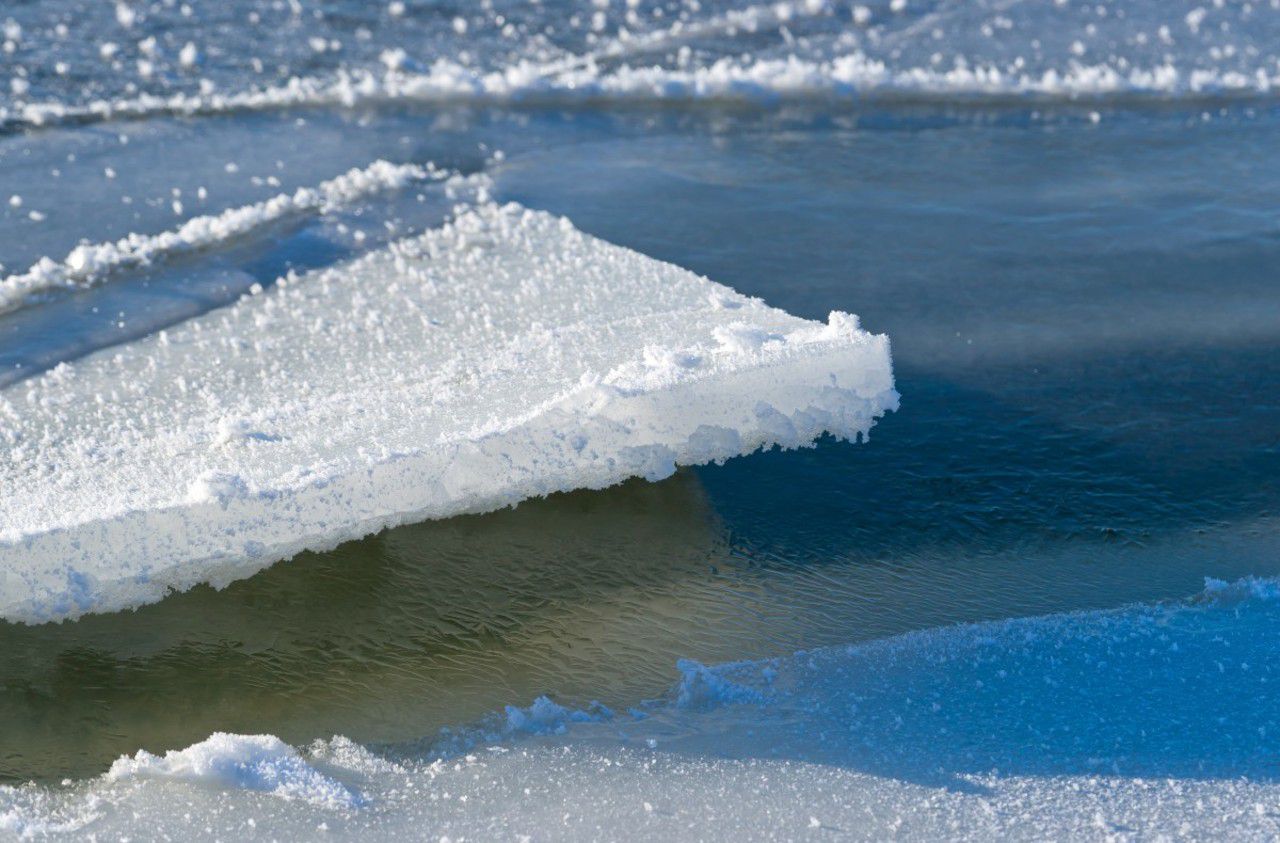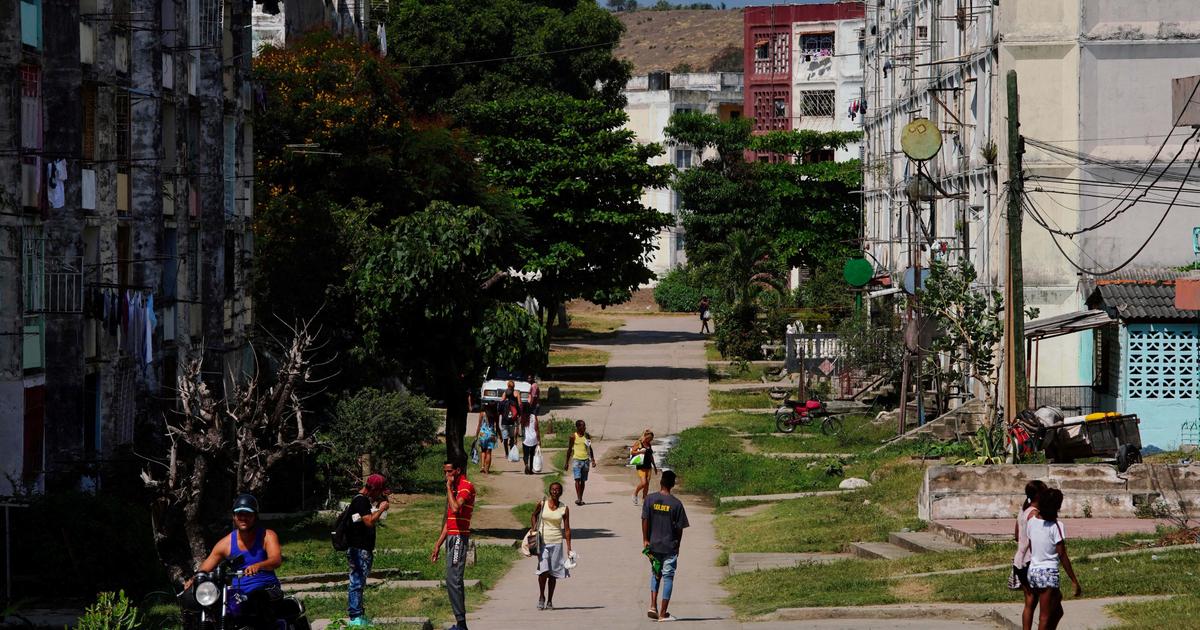38 degrees recorded in the city reputed to be the coldest point in the northern hemisphere. How can Verkhoyansk, a municipality located 4,600 km northeast of Moscow, the Russian capital, record such records? François Jobard, forecaster at Météo France, unveils this meteorological phenomenon.
Are you surprised by these temperature readings?
François Jobard . The city in question has a truly extreme climate. It is a city located above the Arctic Circle in eastern Siberia. Its climate is hyper continental with a polar influence due to its latitude. As a result, there are very cold winters with minus 60 degrees for example. These temperatures are due to the position very north and east of the city. A continental climate means that the amplitudes between the coldest month, January, and the warmest, July, are strong. In July, it can be up to 23 degrees maximum. These are fairly mild temperatures on average, but in fact the average hides days when it can be over thirty. It is not that rare that it gets hot.
So don't you worry?
The previous temperature record recorded in the area was 34 degrees, but here we are talking about 38. This reading therefore pulverizes the previous one, because breaking a record of four degrees is exceptional. We weren't used to 38, we are normally between 30 and 35 degrees. It's an absolute record for this station. What is striking is that it is a record for the entire area north of the Arctic Circle.
How to explain such a rise in temperatures?
What explains this heat is above all the weather situation in the area. There is a hot high pressure blockage that has lasted for several days. In this case, it has been going on since mid-June and it will last all week. So that's why we talk about blocking, because this anticyclone does not move, it stops and the heat increases by itself. In summer, this is often what we invoke when we have heat waves, even at our latitudes. It is for example that we are going to have in France this week. It will be very hot even if we are not talking about a heat wave.
Can global warming be directly blamed?
To this meteorological aspect is effectively added the bottom layer of global warming, which means that in an equal weather condition, the masses of hot air are warmer and better able to deliver records. Conversely, there are far fewer cold records, as in France! Last year, we broke heat records with 43 degrees in Paris. And it becomes rare to have a season, so three months, cold. The last “cool” summer dates back to 2014. So yes, we know that global warming gives a “boost”.
Could we already measure the consequences of these heats?
Currently, there are many fires that are related to heat. In high latitudes it is normal to have fires in summer, which sometimes appear with lightning, these are natural processes. But there, even though it is not July, there are very many fires in the boreal forest and ash plumes which are visible from the satellite.











